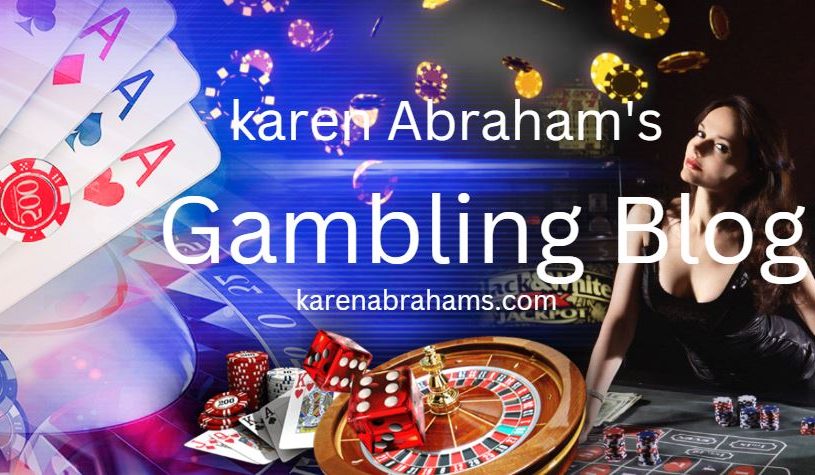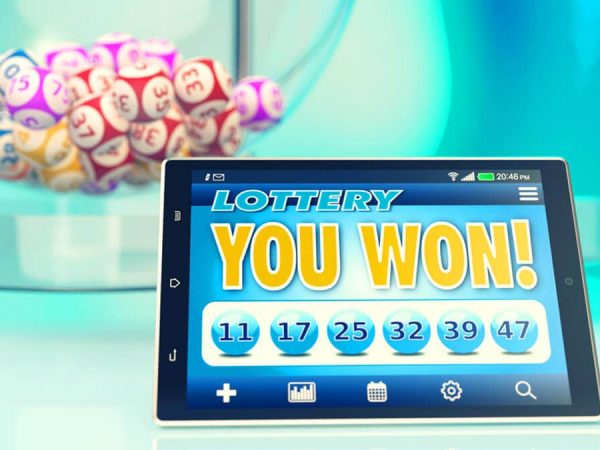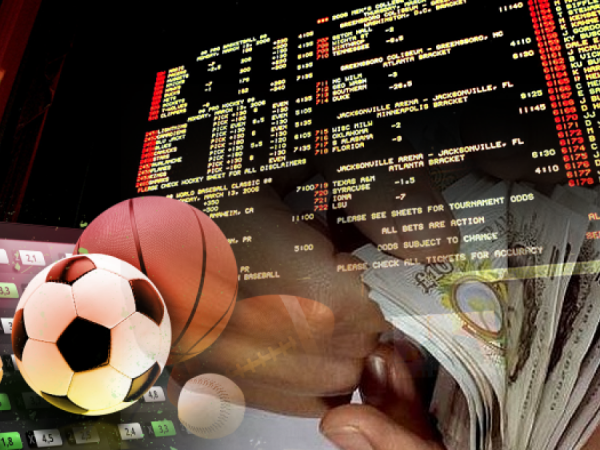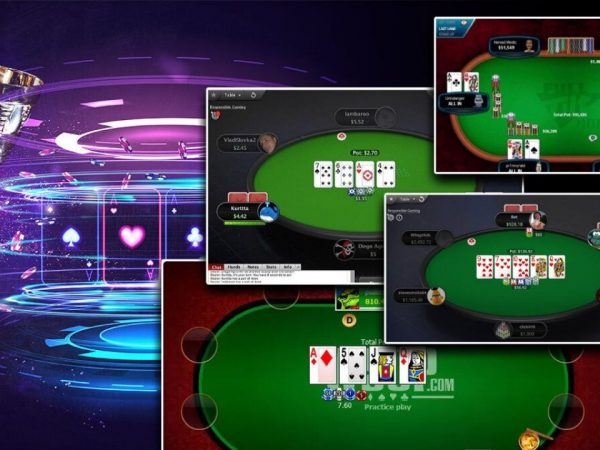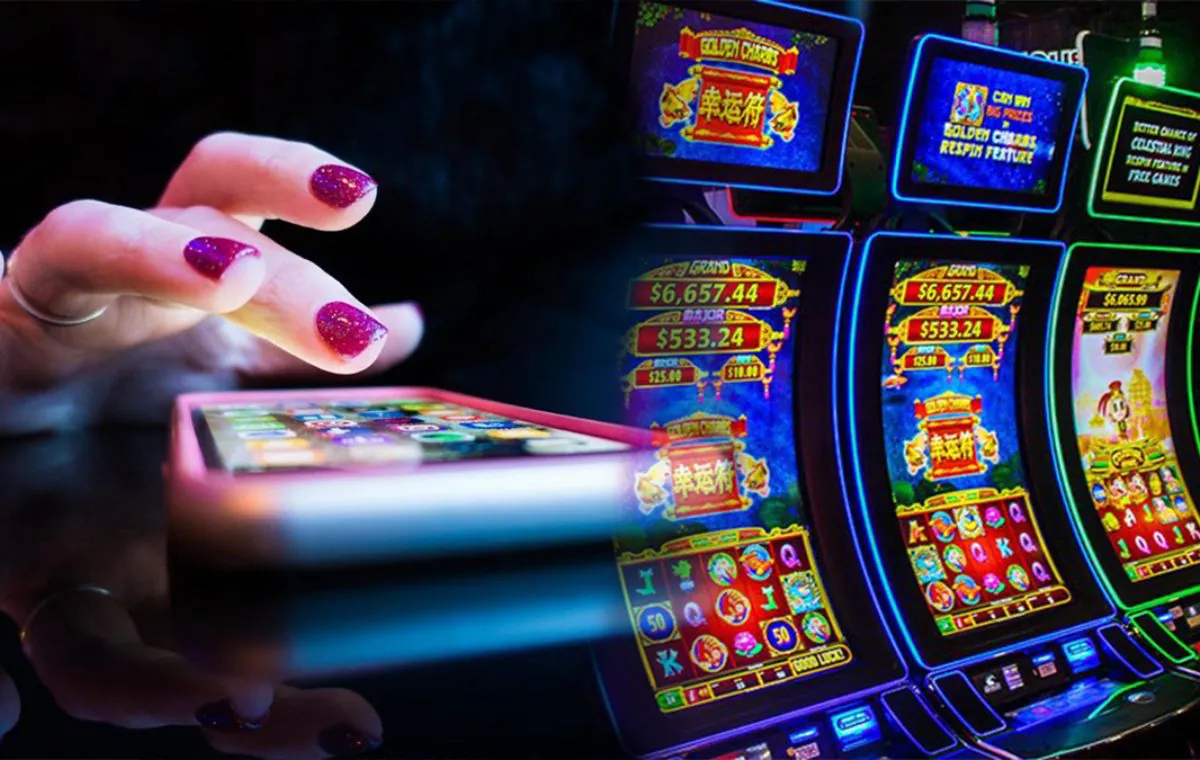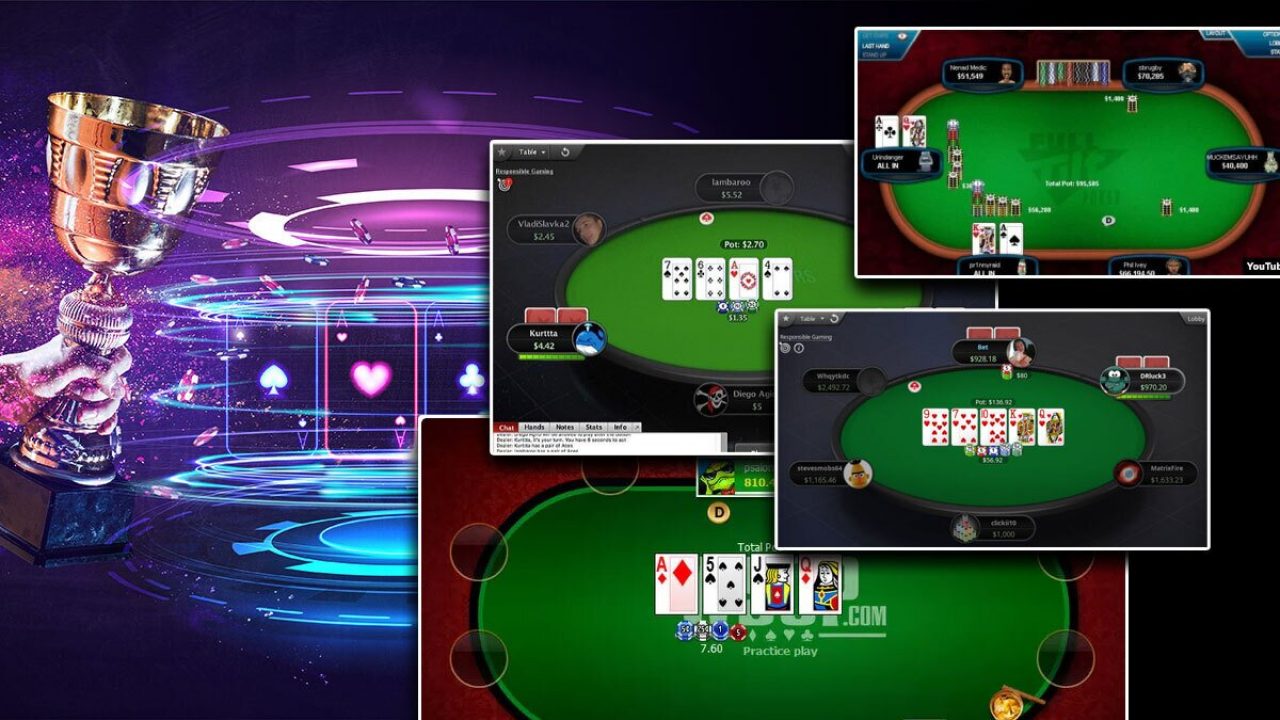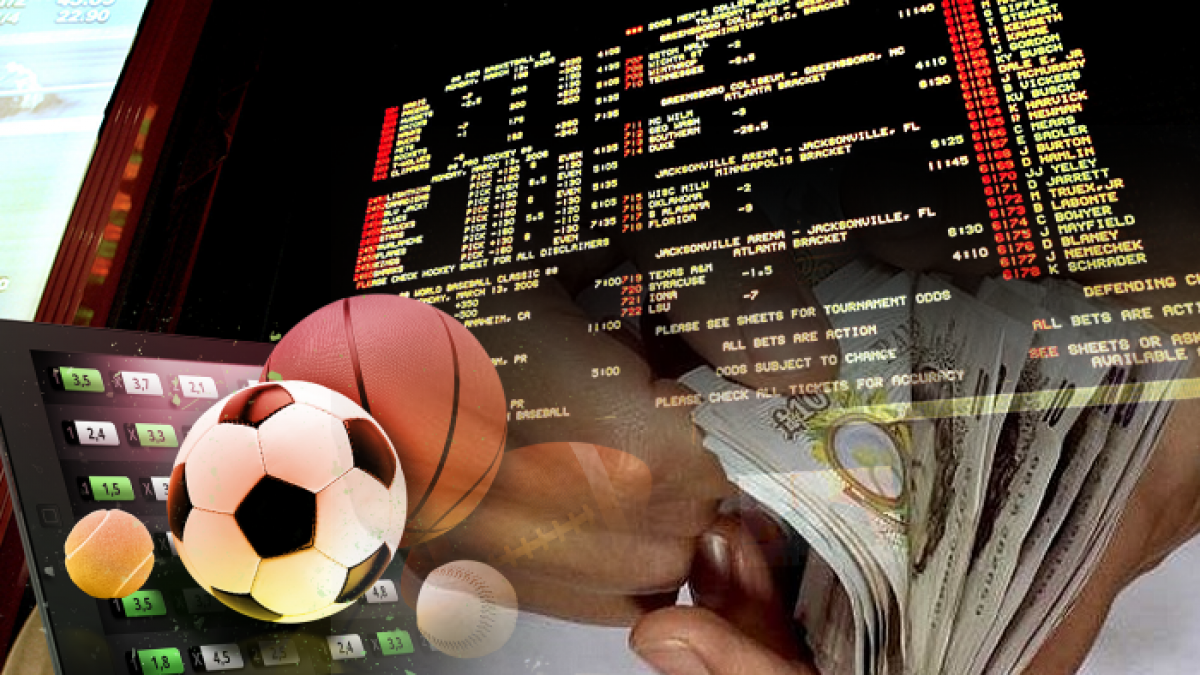Online gambling can include casinos, virtual poker, and sports betting. Today, online gambling is an industry worth billions of dollars. It is a mix of skill and chance, and involves anonymity and solitary activity.
Although online gambling is legal in many jurisdictions, some restrict the practice. Some states in the United States, Canada, and the European Union allow online gambling, as do several Caribbean nations. In other countries, such as the United Kingdom, online gambling requires licensing. The United Kingdom’s Gaming Commission regulates online casinos.
Online gambling first gained popularity in the late 1990s. There were 15 gambling websites in 1996 and 200 in 1997. A Frost & Sullivan report estimated that the industry generated $830 million in 1998. In 1998, the first online poker rooms were introduced. In the same year, the Internet Gambling Prohibition Act was introduced in the US Senate. However, the bill failed to pass in both 1999 and 1997.
The Department of Justice has taken an offensive against online gambling. It’s proposed new laws that would regulate and tax online gambling. However, critics say this legislation has no legal basis.
It is a combination of skill and chance
Games of chance and skill are both important components of any casino game, whether you’re playing online or at a land-based casino. The distinction isn’t always clear, however. Some games, such as poker or blackjack, are games of chance, while others are entirely based on skill. Ultimately, whether a game is a mix of skill and chance will depend on the rules and the circumstances of each game.
Games of chance are simpler to implement than games of skill, and require less mental activity. For example, a roulette player does not have to do much to win a game. They simply wait for the result and collect rewards for winning, or lose their bets when they lose. In contrast, games of skill require players to use their reasoning skills to understand the thoughts of their opponents and calculate the odds of winning or losing.
It is a solitary and anonymous activity
The anonymity of online gambling makes it easier to avoid social barriers that may be inherent in traditional gambling. Because gambling often involves social etiquette and tacit rules, anonymity reduces the social embarrassment that is associated with committing social faux-pas.
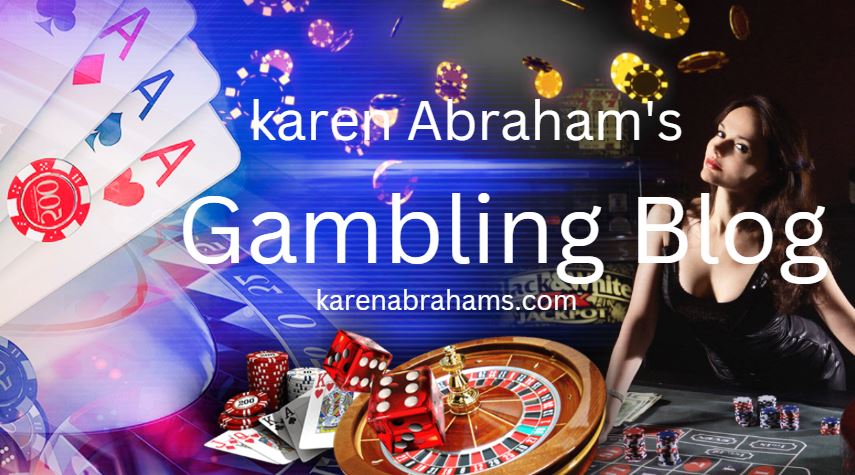
It is a multi-billion dollar industry
The online gambling industry is a multi-billion dollar industry, and it continues to grow every year. With technological advancements such as blockchain technology and virtual reality, the industry is utilizing these innovations to attract new users and keep existing ones coming back. Many online casinos also offer welcome bonuses for new players.
The industry was valued at $173 billion in 2016 and is expected to double in size by 2027. Growth of the industry has been linked to a number of factors, including increased internet penetration and availability of smart devices. Moreover, people are increasingly engaging in online gaming activities from their homes.
As an entrepreneur, you can choose to make money in two ways: by selling products or services, or by participating in progressive jackpots. The latter is easier to achieve since online casinos offer free games, and you can start off with as little as $10 and build up. You can also become an affiliate marketer.
It is a mental health disorder
Problem gambling is a mental health disorder, and treatment usually involves counseling, step-based programs, self-help groups, peer-support and/or medication. There is no single method of treatment that is proven to be most effective. There are no FDA-approved medications for pathological gambling, so treatment depends on a patient’s unique needs.
The first step in overcoming an addiction to gambling is to strengthen your support network. This support group can include friends, family, and colleagues. It can also include sports teams, book clubs, volunteer work, or educational classes. Some people even join peer support groups, such as Gamblers Anonymous, a group modeled after Alcoholics Anonymous. This group has a 12-step recovery program, and each participant has a sponsor, a former gambler who offers guidance and support.
The symptoms of problem gambling may also be an indication of another mental health disorder, such as depression or bipolar disorder. Problem gambling can make these other conditions worse. Even if the problem gambling stops, the underlying disorder will still exist.
